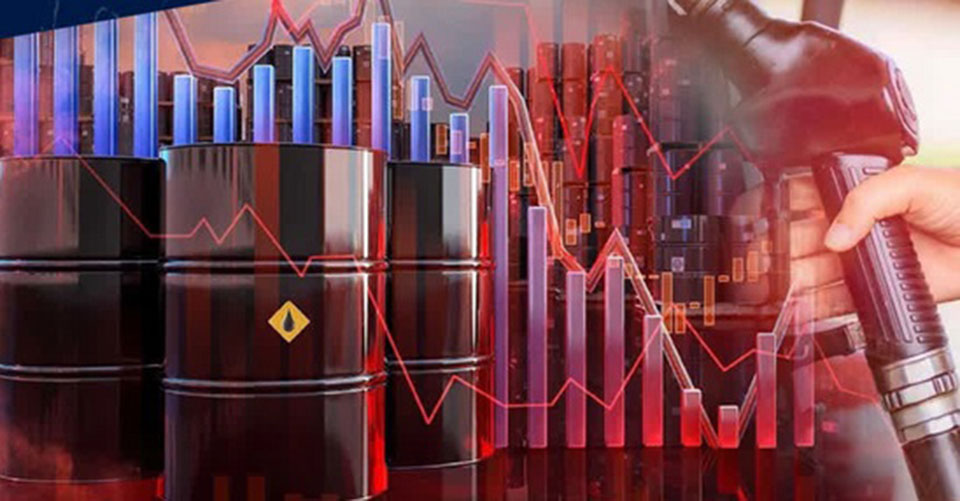
The Department of Energy Business (DOEB) has announced that starting May 1, only B7 and B20 diesel options will be available in the country. The decision follows the Energy Policy Committee’s move to simplify diesel offerings and reduce confusion at petrol stations.
DOEB Director-General Nanthika Thangsupanich stated that the change aligns with industry standards. B7 diesel will contain between 6.6% and 7% biodiesel, while B20 diesel will contain 19-20% biodiesel. The number in the diesel type indicates the percentage of biodiesel blended with traditional diesel.
Nanthika said the discontinuation of B10 diesel is in response to the Euro 5 oil standard endorsed by vehicle manufacturers and ensures that the 7% biodiesel blend does not harm diesel engines. B20 diesel will remain as an alternative fuel option.
She added that the DOEB does not foresee decreased palm oil usage due to the termination of B10 diesel sales. Biodiesel, typically made from renewable sources like vegetable oils, animal fats, or algae, remains crucial in blending B7 diesel.
Thailand’s daily consumption of biodiesel and palm oil stands at 4.33 million liters and 3.77 million kilograms, respectively. The department anticipates a slight increase in these numbers to 4.66 million liters of biodiesel and 3.88 million kilograms of palm oil next year. (NNT)






